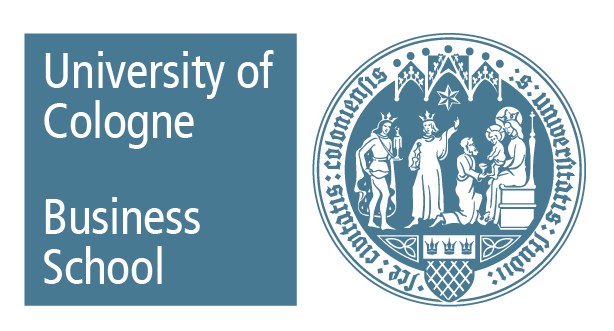
Blog #12

SMART ENERGY - MASTERING THE ENERGY LANDSCAPE OF THE FUTURE
Authors: Dr. Stephan Anders
University of Cologne Business School
Digital transformation is swiftly changing the nature of business and organisational management, while the transition to sustainable energy also creates profound shifts in both physical and economic infrastructures. One of the most pressing strategic question for most organisations is not whether to focus on digitalisation of the energy landscape, but how: how can they transform systems quickly while maintaining operational stability as well as profitability and affordability? How does an organisation fit into the seemingly vast complexity of the digital energy future? Such fundamental questions require “smart” answers. From power utility giants to energy-intense industries, from municipalities to growth-oriented ”smart” businesses, the urgency of the need to address the threat of climate change increases. And yet the expectations of profitability and reliability remain. „Smart Energy“ subsumes all such aspects of the demanding change within the energy sector.
University of Cologne Business School together with it partner EWI (Institute of Energy Economics at the University of Cologne) is developing Executive Education Programmes to address the knowledge and skills needed for shaping the ernergy sector of the future. Such a „Smart Energy Programme“ addresses the complex role digital transformation plays in energy production, distribution and consumption. It also offers practical frameworks for devising a sophisticated deployment strategy. Core elements of digitalisation in the energy transition – demand flexibility methods like dynamic pricing, virtual power plants and smart city management – should approached from a technical as well as systemic angle. From the role of big data and machine learning in real-time digital energy transactions to anticipating the influence of regulatory changes and data privacy developments on consumer behaviour, leaders in the energy sector will have to consider a complex set of aspects to shape digital transformation inside their organisations. The energy landscape of the future can be structured along three building blocks that are designed to master the transformation process.


